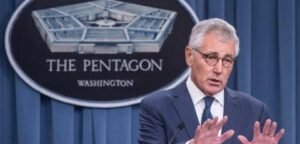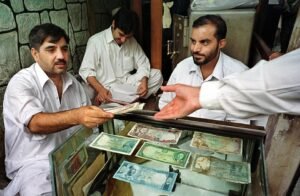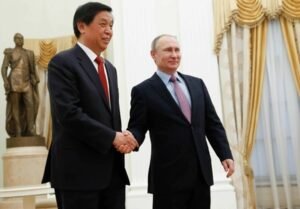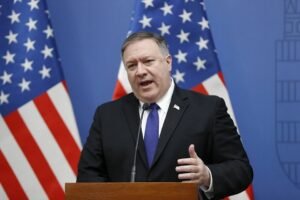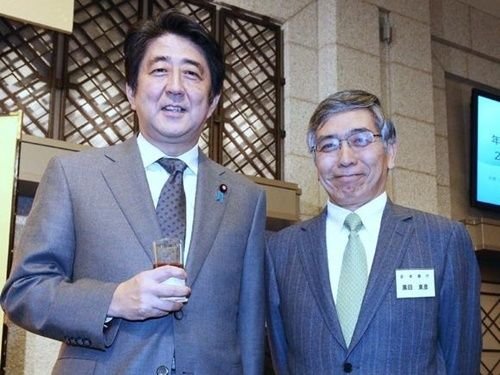
Abenomics cracks from within 1
From the beginning, the strength of Abenomics (Japanese Prime Minister Shinzo Abe’s economic policy group aimed at revitalizing Japan) was the deep relationship between Mr. Abe and the Central Bank governor chosen by him.
Prime Minister Shinzo Abe (left) and Governor Haruhiko Kuroda (right) in 2013. Photo: Nikkei
But now, Abe and Kuroda are having conflicts.
The second contradiction arises from the loosening monetary policy.
The discord between them is causing anxiety among the people.
However, things did not go as planned.
Another strange thing is that a Government that once strongly supported the Central Bank printing large amounts of money to buy bonds is now concerned about risks.
This decline is partly due to falling oil prices.
Some of Mr. Abe’s advisers also oppose the loosening policy for political reasons.
Another concern is that the Government bond market is showing signs of sluggishness.
While the Government showed no desire to cut spending, expecting higher growth and increased tax revenue, Mr. Kuroda appeared worried, demanding immediate tightening of financial discipline.
The situation will continue to be tense as this fiscal budget reaches a record, including huge social security costs as the population ages.
The most important test in the relationship between Mr. Abe and Kuroda is when inflation reaches a level that causes the BOJ to tighten monetary policy, while Mr. Abe still requires money injections to ensure growth.



